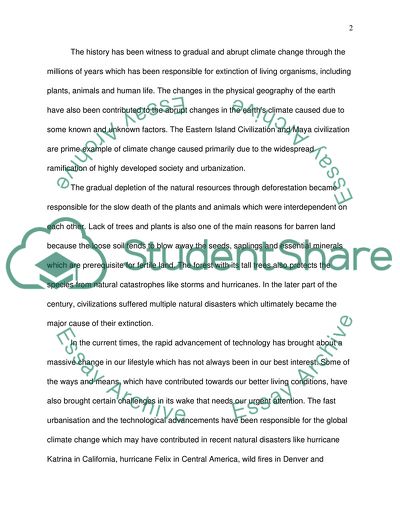Cite this document
(“Climate Change and Management and Mitigation Term Paper”, n.d.)
Climate Change and Management and Mitigation Term Paper. Retrieved from https://studentshare.org/environmental-studies/1728429-climate-change-and-management-and-mitigation
Climate Change and Management and Mitigation Term Paper. Retrieved from https://studentshare.org/environmental-studies/1728429-climate-change-and-management-and-mitigation
(Climate Change and Management and Mitigation Term Paper)
Climate Change and Management and Mitigation Term Paper. https://studentshare.org/environmental-studies/1728429-climate-change-and-management-and-mitigation.
Climate Change and Management and Mitigation Term Paper. https://studentshare.org/environmental-studies/1728429-climate-change-and-management-and-mitigation.
“Climate Change and Management and Mitigation Term Paper”, n.d. https://studentshare.org/environmental-studies/1728429-climate-change-and-management-and-mitigation.


